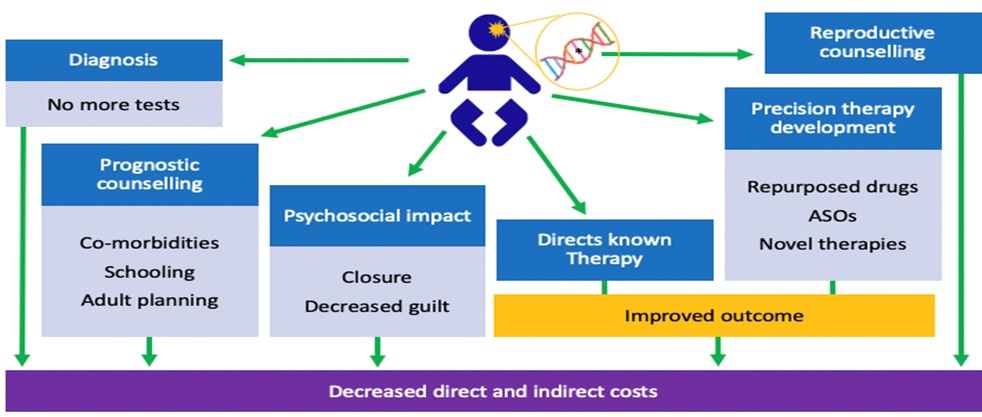Who are you?
The Epilepsy Research Group, led by Professor Lynette Sadleir, is a research team based in the Paediatrics department of the University of Otago, Wellington. Professor Sadleir is a paediatric epileptologist at Wellington Children’s Hospital, as well as being the director of our group and heavily involved in epilepsy research. The team consists of our bioinformatician, research assistants, and PhD students.
What is the main objective of your research?
In the Epilepsy Research Group, our main objective is to improve the quality of life for people who have epilepsy. We undertake research that aims to understand the spectrum of epilepsy syndromes and their underlying genetic causes. Currently, we are particularly focused on the most severe group of epilepsies: developmental and epileptic encephalopathies. In these catastrophic disorders that present in childhood, the seizures and ongoing abnormal brain activity between seizures cause brain damage and result in intellectual disability, physical disability, autism and behavioural problems. We aim to use clinical and genetic approaches to identify new and emerging epilepsy syndromes in these children and then sequence their DNA to identify the genes responsible. When we identify novel epilepsy genes, we can then define the clinical presentation of people who have genetic abnormalities in those genes. Our findings are quickly put into clinical practice and help with the diagnosis and management of children who present have these severe disorders.
How is Genetics important to the research?
Epilepsy has a variety of causes however, the majority of epilepsy is caused by changes in the genetic code of an affected individual. These genetic changes cause abnormalities in the way the brain functions which ultimately result in seizures. There are a multitude of benefits that come with identifying the genetic change causing an individual’s epilepsy, which help improve the lives of children with epilepsy and their families.
Why should others be interested in your work?
Epilepsy is the most common serious neurological disorder worldwide. It is characterised by recurrent, unpredictable seizures. Over a lifetime, 1 in 20 people will have a seizure and ~38, 000 New Zealanders will be diagnosed with epilepsy. Epilepsy is a group of disorders, each with varying seizure types and outcomes. Many individuals live a relatively normal life but one third have treatment-resistant seizures which negatively impact their quality of life. The developmental and epileptic encephalopathies, in particular, can have a devastating impact on the trajectory of a child’s life. Our work, therefore, has the potential to help those individuals who are seriously impacted by their seizures.
Written by Brittany Jones


